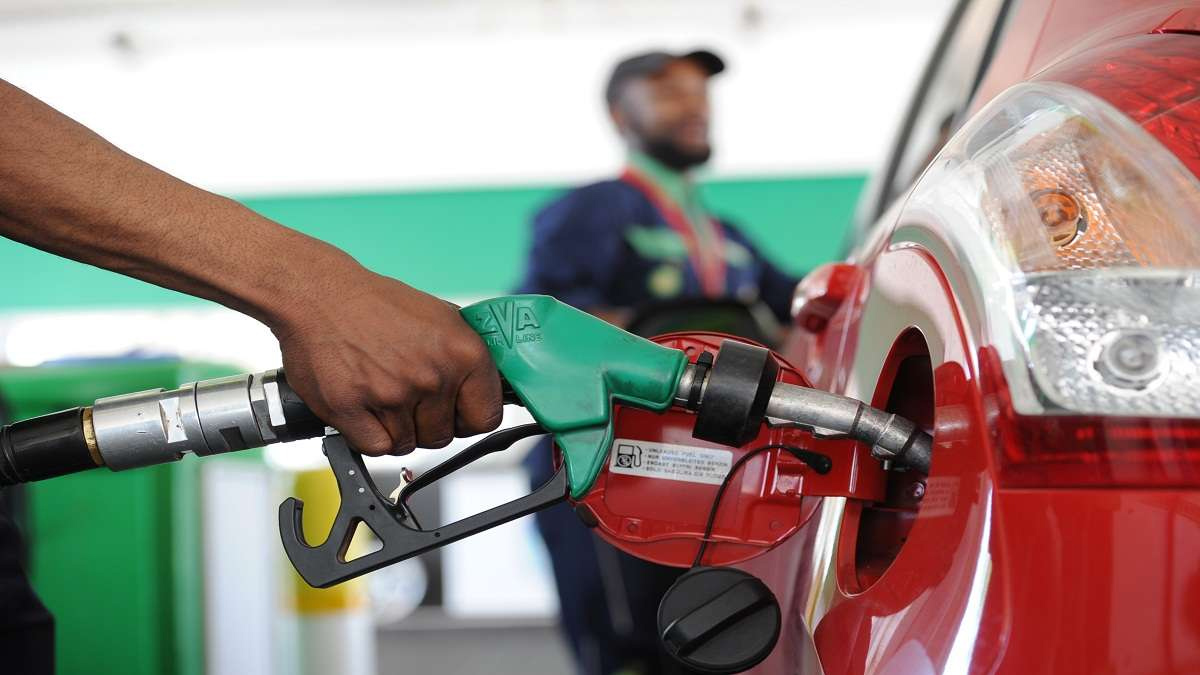New Delhi, Sept 24: Diesel price on Friday was hiked by 20 paise per litre – the first increase in rates in over two months – as international oil prices neared their highest since 2018.
Price of diesel was hiked to Rs 88.82 per litre in Delhi and to Rs 96.41 in Mumbai, according to a price notification of state-owned fuel retailers.
Petrol price was not changed. It costs Rs 101.19 a litre in Delhi and Rs 107.26 in Mumbai.
State-owned Indian Oil Corp (IOC), Bharat Petroleum Corp Ltd (BPCL) and Hindustan Petroleum Corp Ltd (HPCL) hadn’t revised fuel rates since September 5 despite a surge in international oil prices.
On Friday, global benchmark Brent crude rose to USD 77.50 a barrel as crude inventories shrunk from Europe to the US. Oil rates are up 2 per cent for the week and this is the fifth weekly gain.
Since the last price revision on September 5, the price of petrol and diesel in the international market is higher by around USD 6-7 per barrel as compared to average prices during August.
But oil companies, which are supposed to revise prices daily in line with the cost, did not change rates for almost three weeks. They have now started to pass on the increase to customers.
Average international crude oil prices had fallen by more than USD 3 per barrel in August as compared to the previous month. This came against the backdrop of mixed economic data from the US and China and mobility restrictions in Asia fuelled by the fast-spreading Delta variant.
Accordingly, retail prices of petrol and diesel in the Delhi market were reduced by Rs 0.65 a litre and Rs 1.25 per litre by oil marketing companies from July 18 onwards. The last downward revision was on September 5.
Prior to that, the petrol price was increased by Rs 11.44 a litre between May 4 and July 17. Diesel rate had gone up by Rs 9.14 during this period.
The price hike during this period pushed petrol prices above the Rs 100-a-litre mark in more than half of the country, while diesel crossed that level in at least three states.
India is dependent on imports to meet nearly 85 per cent of its oil needs and so benchmarks local fuel rates to international oil prices. (Agencies)
Trending Now
E-Paper


